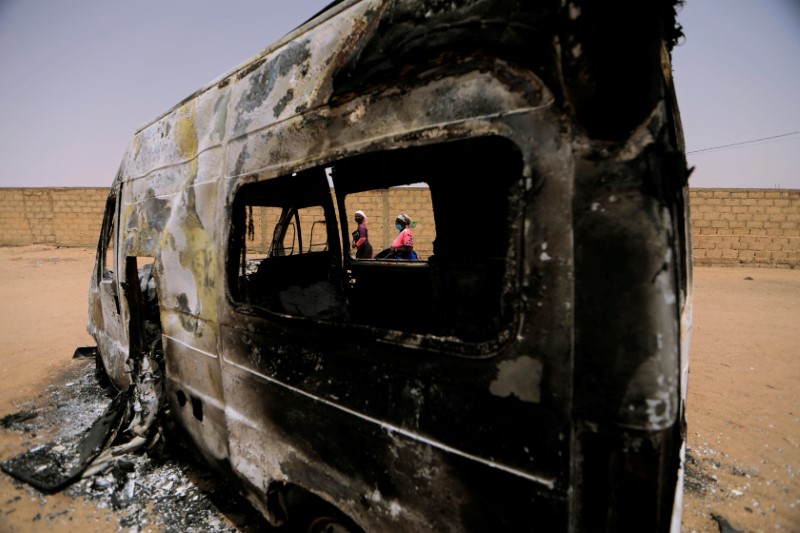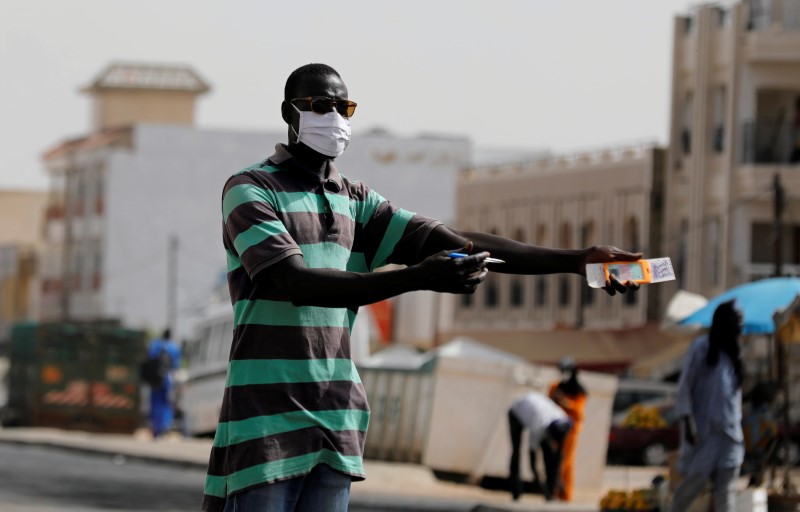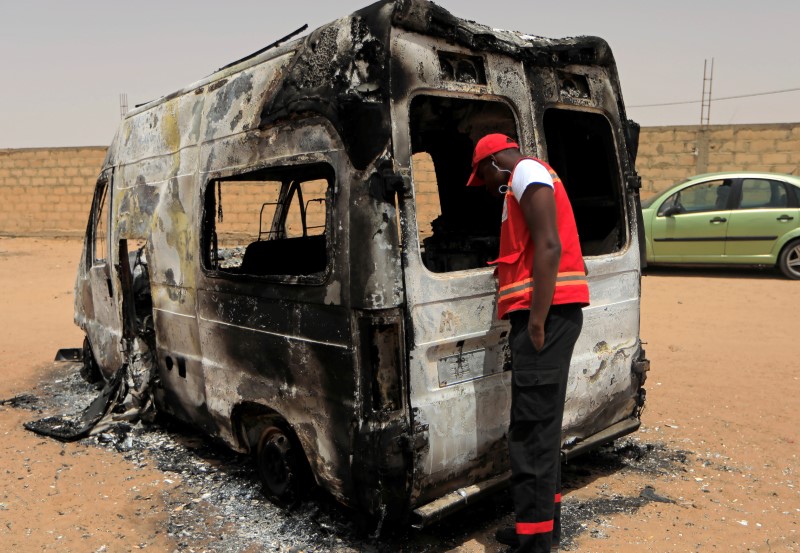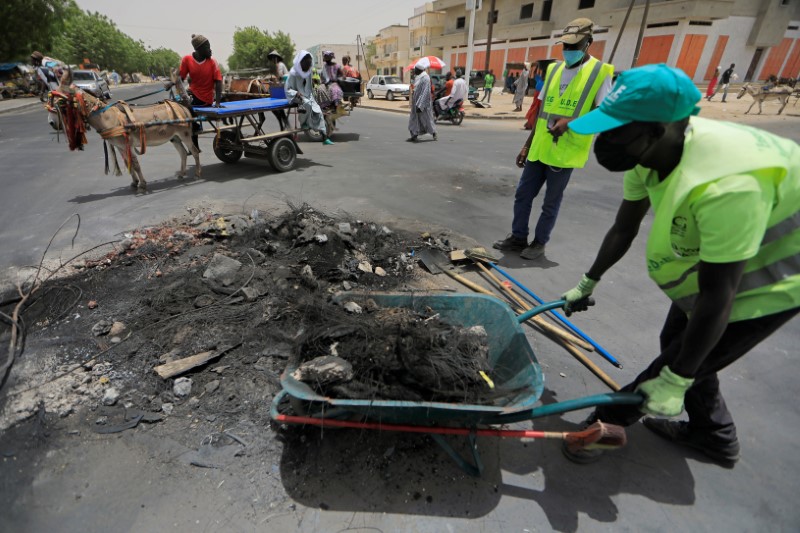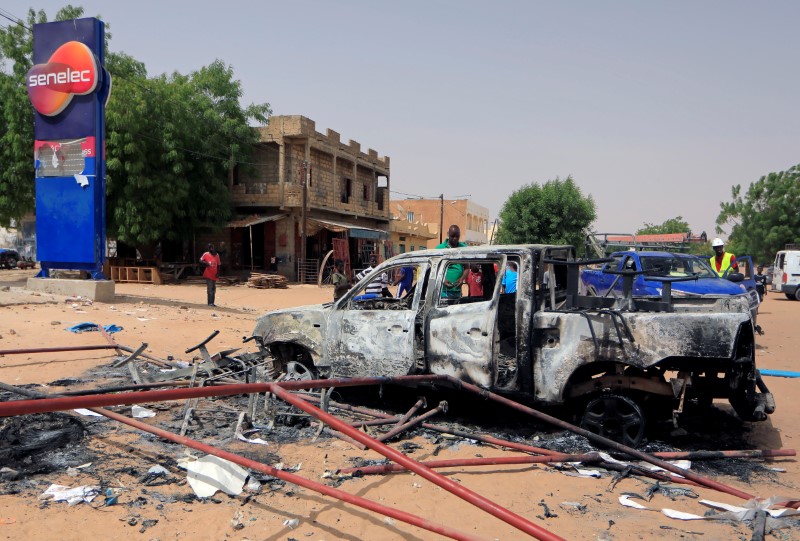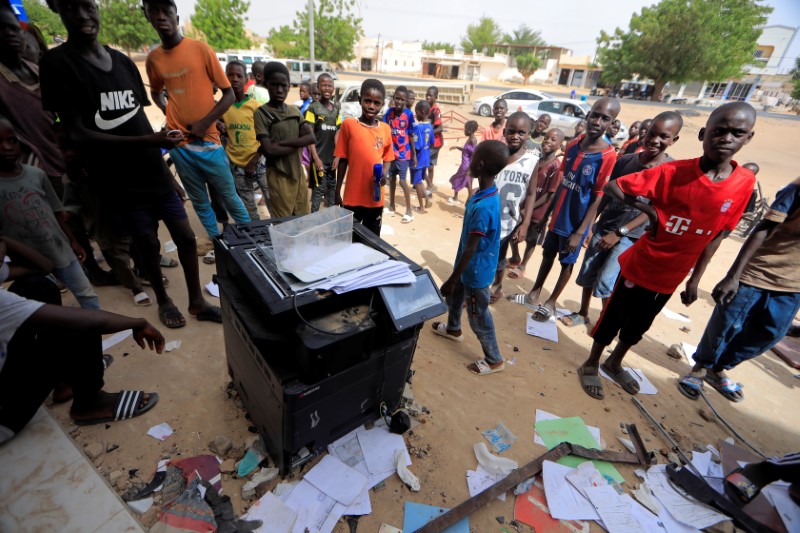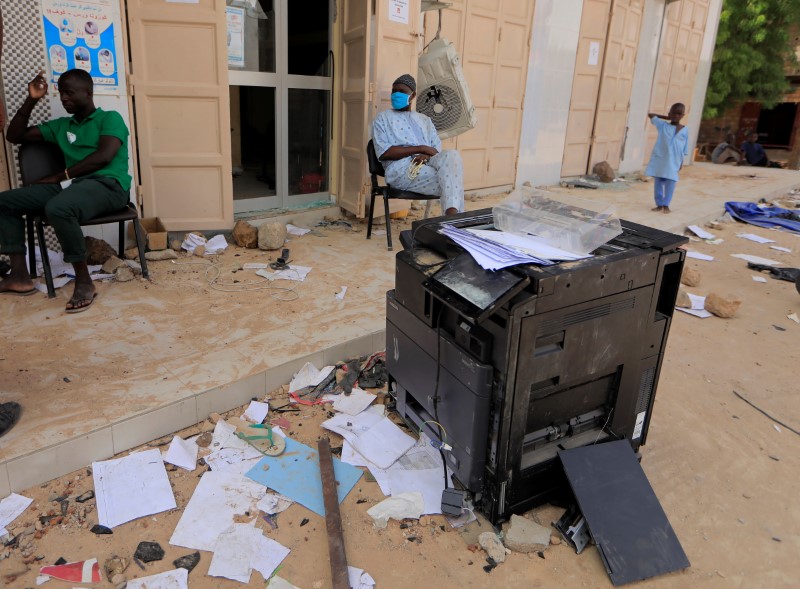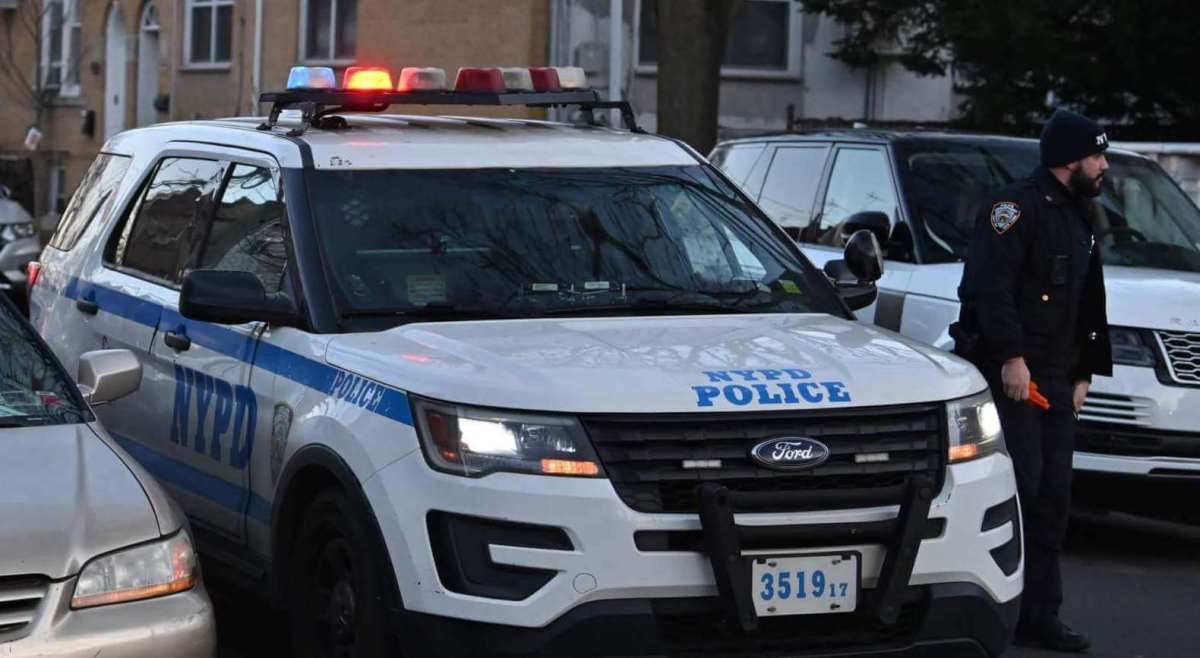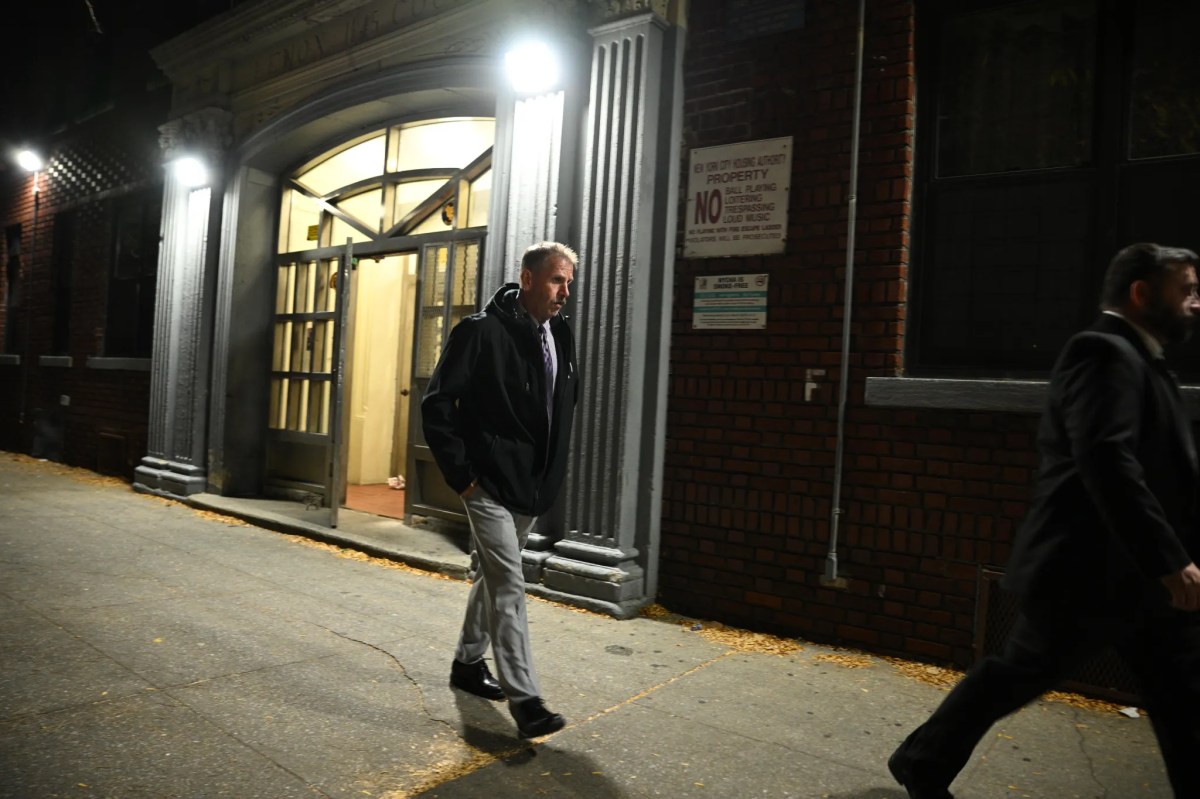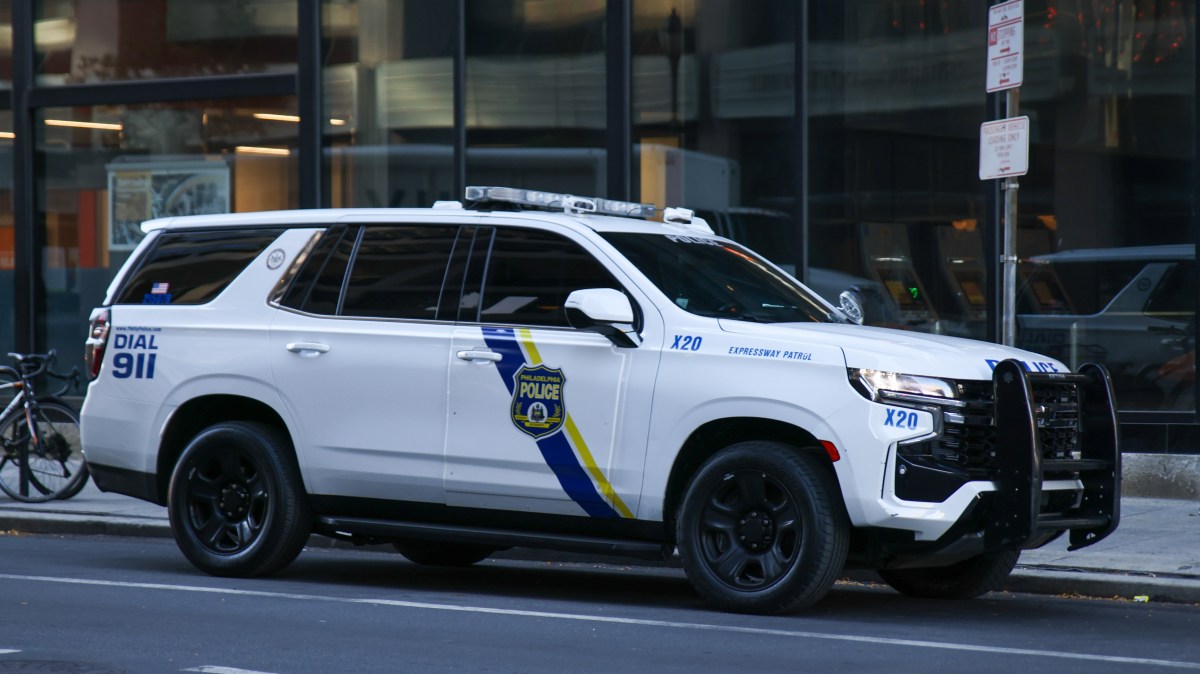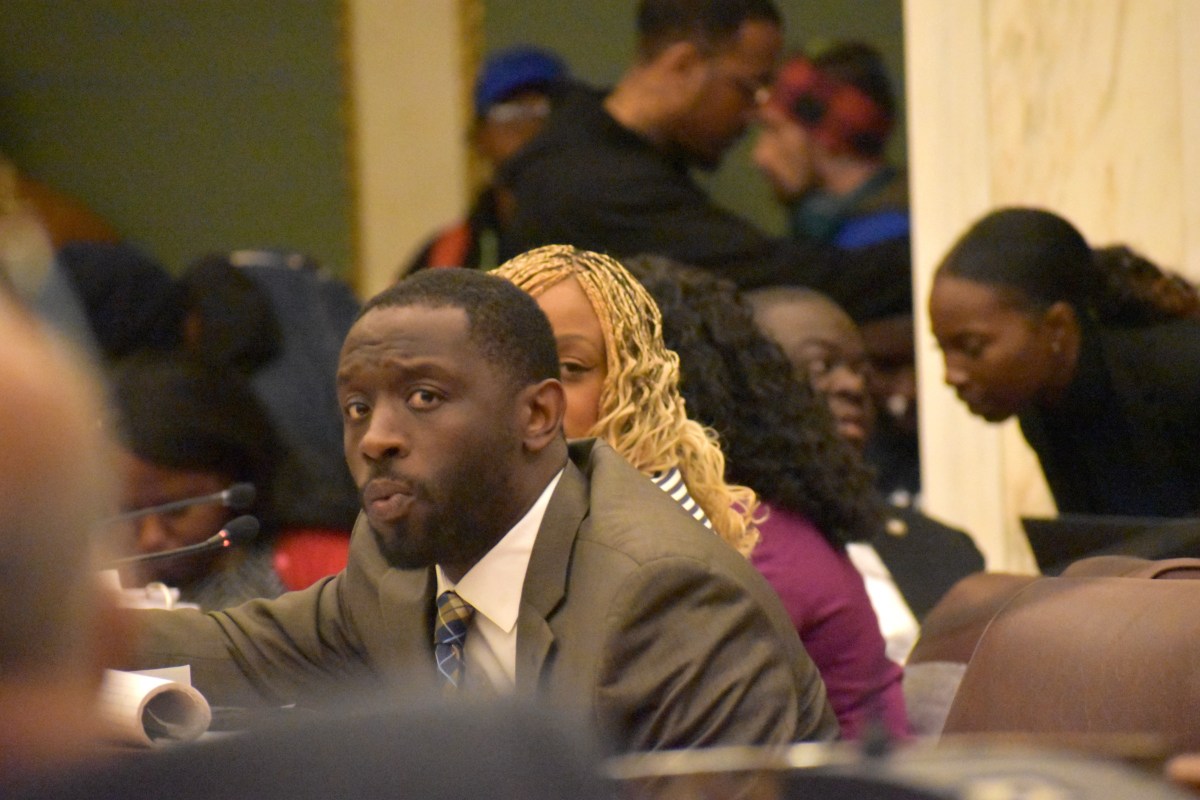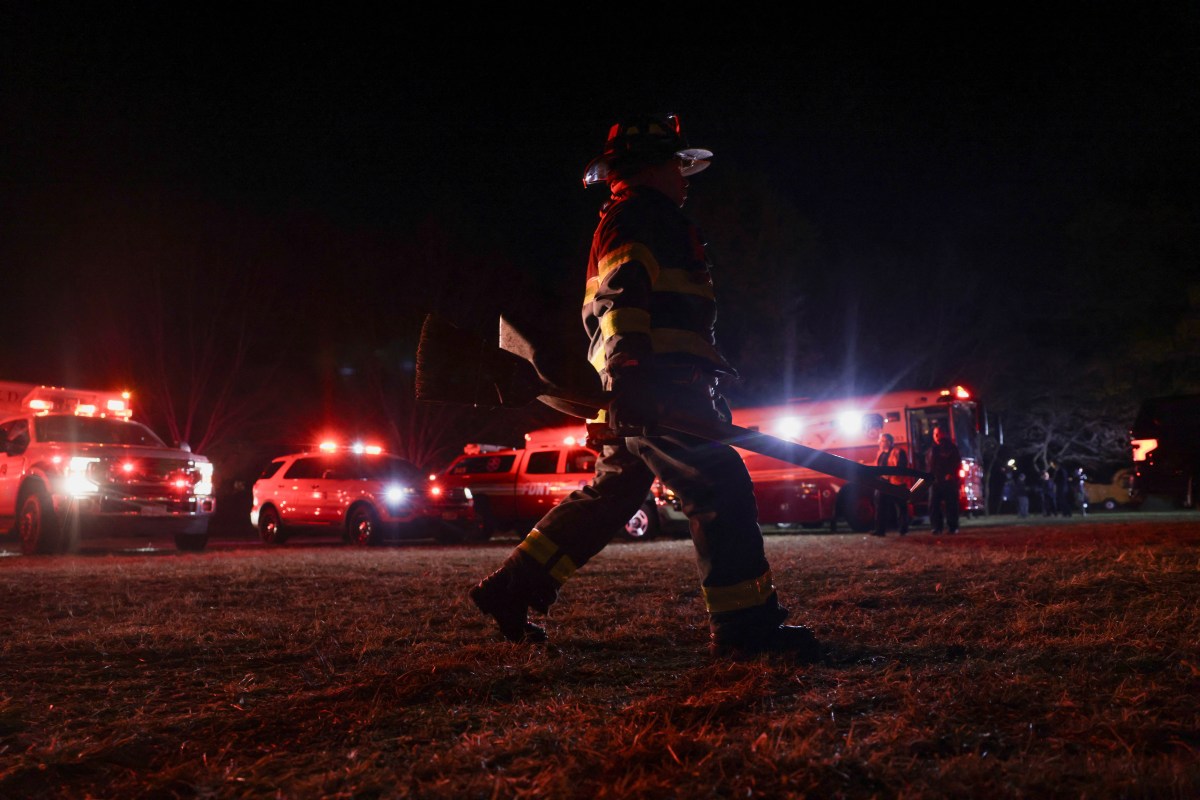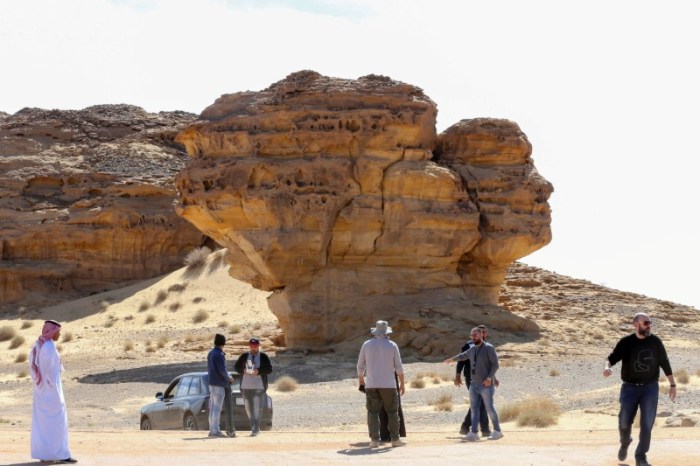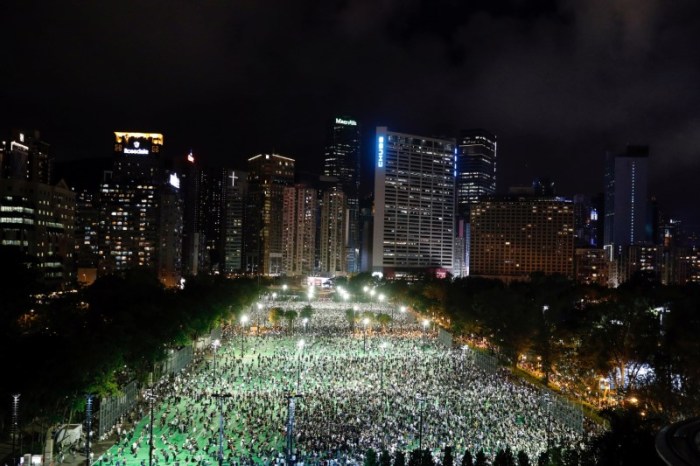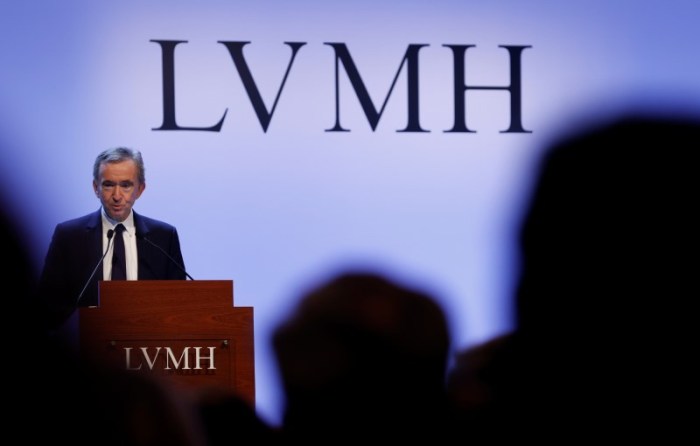DAKAR (Reuters) – Senegal’s government said on Thursday it would relax slightly a dawn-to-dusk curfew after protesters in Dakar set tyres on fire and threw stones in demonstrations against the restrictions imposed almost three months ago over the coronavirus pandemic.
Wednesday night’s unrest in Senegal’s capital followed similar action in the holy city of Touba a night earlier, where crowds of people torched an ambulance, threw rocks and looted office buildings.
“Coronavirus is an infectious disease but (President) Macky Sall must know that here in Senegal, most people are poor. We are poor. Three months at home is too much,” said Habibatou, a resident in Dakar’s Grand Yoff neighbourhood, who only gave Reuters her first name.
She said that while she did not approve of youths taking to the streets after curfew and throwing rocks at the police, the president needed to listen, and to help people.
Senegal’s government has not faced major opposition to its handling of the pandemic, but the economy has been hard hit by measures like the overnight curfew and a ban on inter-regional travel.
Interior Minister Aly Ngouille Ndiaye told a news conference on Thursday that the curfew would be shortened by two hours to 11 p.m. until 5 a.m., and that a ban on inter-regional travel would be lifted.
Transport minister Oumar Youm said Macky Sall would give 3 billion CFA francs ($5.17 million) to sectors that had been hit particularly hard by the crisis, including taxi drivers.
Senegal has confirmed almost 4,000 cases of COVID-19, the lung disease caused by the novel coronavirus, including 45 deaths. Dakar and Touba, which is both a trading hub and major pilgrimage destination, have been worst hit.
The growing unrest in Dakar and Touba highlights a dilemma for many countries in Sub-Saharan Africa, where measures to protect citizens’ health are also damaging the livelihoods of millions who work in the informal sector.
Unable to shuttle passengers between Touba and Dakar, taxi driver Same Diop has started begging in the street alongside dozens of other drivers struggling to support their families.
Touba’s main boulevards were littered with charred tyres and broken branches on Wednesday in the wake of the overnight protest there, which saw scores of demonstrators set fire to an ambulance outside a coronavirus treatment centre.
“This frightened us,” said district administrator Mansour Diallo. “It is certainly the consequences of the state of emergency and the lockdown.”
(Additional reporting by Diadie Ba, Christophe Van Der Perre and Juliette Jabkhiro in Dakar; Writing by Alessandra Prentice and Bate Felix; Editing by Peter Graff, Jane Wardell, Ana Nicolaci da Costa and Alex Richardson)

